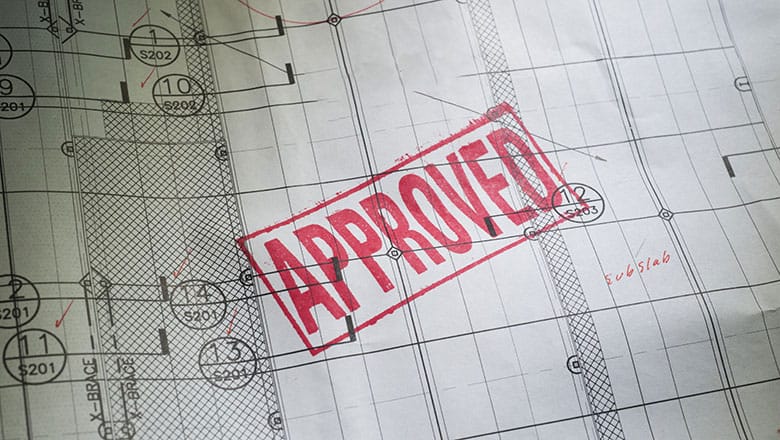
A portable building is designed and built to be moveable rather than permanently fixed to one location. This means they can be used as a temporary solution for your space. However, even if your building is temporary, you can’t ignore planning permissions. In simple terms, planning permission is ascertaining whether the Local Planning Authority will allow a specific piece of building work and whether there are any attached conditions.
TF Jackson is a specialist in portable buildings and cabin manufacturing. Our pre-fabricated buildings are designed to be modular and easily manoeuvrable. The range has many uses, including offices, shower and toilet facilities, welfare units, accommodation and storage solutions. From your initial enquiry to the final installation of your modular building, we’re with you every step of the way. We’ll advise you throughout the whole process, including up-to-date information on UK planning permissions.

The Big Question: Do Portable Buildings Require Planning Permission?
The short answer is, yes, they usually do, but there are a few exceptions.
Several factors influence whether your portable building needs planning permission. The main consideration is the duration the building is in situ, but size, location and use can all play a part. In most cases, you will need planning permission before installing a portable building on your site. Portable building planning permission is necessary if you install a building for more than 28 days or if its surface area exceeds 100 m2.
For example, a small portable building serving as a temporary office on a construction site may not require planning permission if its use aligns with the project timeline. Conversely, if the construction is intended for longer-term use, such as extra office space or a portable classroom, you will need to go through the planning permission process.

What Portable Buildings Don’t Require Planning Permission?
You usually do not need to apply for planning permission if your portable building has a surface area smaller than 100 m2 and will be used for 28 days or less. One potential exception to this rule is a portable building, which is an extension of an existing building. This situation may not need planning permission if:
- The structure of the portable building is less than 25% of the original by volume.
- The building is shorter in height than the original building.
- The temporary building is directly relevant to the purpose of the original structure.
Portable buildings installed on farmland specifically for agricultural use may not require planning permission if they are below a certain size, usually 100 m2. In addition, the building must be only used for its stated purpose and not be used in any residential or commercial capacity.
In all cases, it’s best to check with the local authority if you need planning permission to avoid any legal issues further down the line.

How Long Does Planning Permission For A Portable Building Take?
Planning applications can take up to 12 weeks to be processed and concluded. Some businesses may choose to go ahead without planning permission, but we advise applying as early as possible.
It is possible to secure retrospective planning permission if you can prove that your portable building is an emergency. If you can demonstrate that the need is genuinely urgent, most local authorities will usually approve it without any issues. However, if not approved, you will be handed an enforcement notice asking you to reinstate the site and remove the portable building. You have the right to appeal this request.

What Is Needed For Planning Permission For A Portable Building?
In the application for planning permission, you will need the following documents:
- 5 Copies Of Your Application Forms
- Location Plan, Site Plan, Block Plan (Detailed)
- Signed Ownership Certificates
- Agriculture Holdings Certificate
- Design & Access Statement – this explains how the proposed development will proceed and fit in with the existing site
- The Correct Application Fee
To sum up, gaining planning permission will be a mandatory requirement in the majority of portable building projects. Whether you’re installing a temporary portable classroom, sleeping units or office space, it’s advisable to confirm if planning permission is required ahead of the build. For more than two decades TF Jackson have been project managing, building and delivering in excess of 2,000 portable building units. Consequently, we know what goes into a successful planning application. Our in-house planning team can offer extensive advice, so If you have any questions about your portable building project, please don’t hesitate to contact us today.